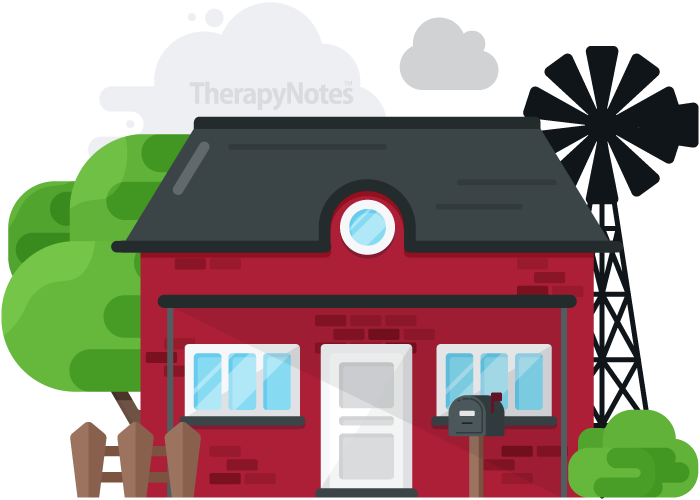Why Potential Clients Need You to Niche
By Allison Puryear, LCSW, CEDS on February 27, 2019

I know this isn’t the first time you’ve heard that niching is advised in private practice. I also know that for many of you it sounds ludicrous. Why the heck wouldn’t you cast a wide net? You’re trained to work with a number of presenting concerns and ages—why not capitalize on that?
I get it. It’s counter-intuitive. Let’s examine it from two important angles. First from the Potential Client Perspective, and in the next blog, why it’s good for you as a clinician to niche.
The Potential Client Perspective:
Here’s my own true story about trying to find a therapist. Let’s pretend I’m not a therapist for the moment. Trust me, I didn’t feel like I could access my therapist-ness at the time.
When my oldest daughter was born, I had Postpartum Depression. It was dark and bad, and I worried that I’d never find my way out of it and feel the way I was “supposed” to feel as a new mom: tired but grateful, exhausted but in love. Instead, I felt like I’d been run over by a train and many of my thoughts rested in the idea of driving my car from my driveway in Seattle until the scene faded out. I’d spend an hour just visualizing driving down imaginary roads while trying to get this tiny baby to latch. Every single thing I did felt so hard.
I knew it was beyond the “baby blues.” I knew I needed help.
I asked my midwife for a referral and she gave me 3 business cards. I looked each of those therapists up. Two had perinatal mood disorders among a long list of other “specialties” (side note: you can’t actually specialize in 10 things at once.) One had a website that described everything I was feeling. All the fear, all the sadness, all the hope I desperately needed. I landed on her website and KNEW she knew what she was doing. It was a touch of “therapy” before I even called her. True Marketing as Service.
This holds true no matter your niche or specialty. Your clients seeing their pain reflected in your marketing helps them feel seen, it shows that you get it, and it even offers hope.
I’m not knocking generalists. But our clients do not feel general. They feel their pain is very special. We ALL feel our pain is special even while acknowledging that many others may experience it too. When potential clients are looking for therapy, they’re usually feeling fairly desperate and often motivated. If you can help them see that you have the expertise and confidence to work with them, they are far more likely to work with you. And that takes specificity.
Next time, we’ll explore the ways in which niching is good for you. I’ll address the rebuttals I hear all the time, and we’ll play with the idea of having a practice that feels fun and easy…or at the very least challenging in the good ways.
* The content of this post is intended to serve as general advice and information. It is not to be taken as legal advice and may not account for all rules and regulations in every jurisdiction. For legal advice, please contact an attorney.
About Allison Puryear, LCSW, CEDS
Get more content like this, delivered right to your inbox. Subscribe to our newsletter.
More Content You'll Enjoy

Choosing Your Niche

Want to Solely Accept Cash Payments? Here’s How!
